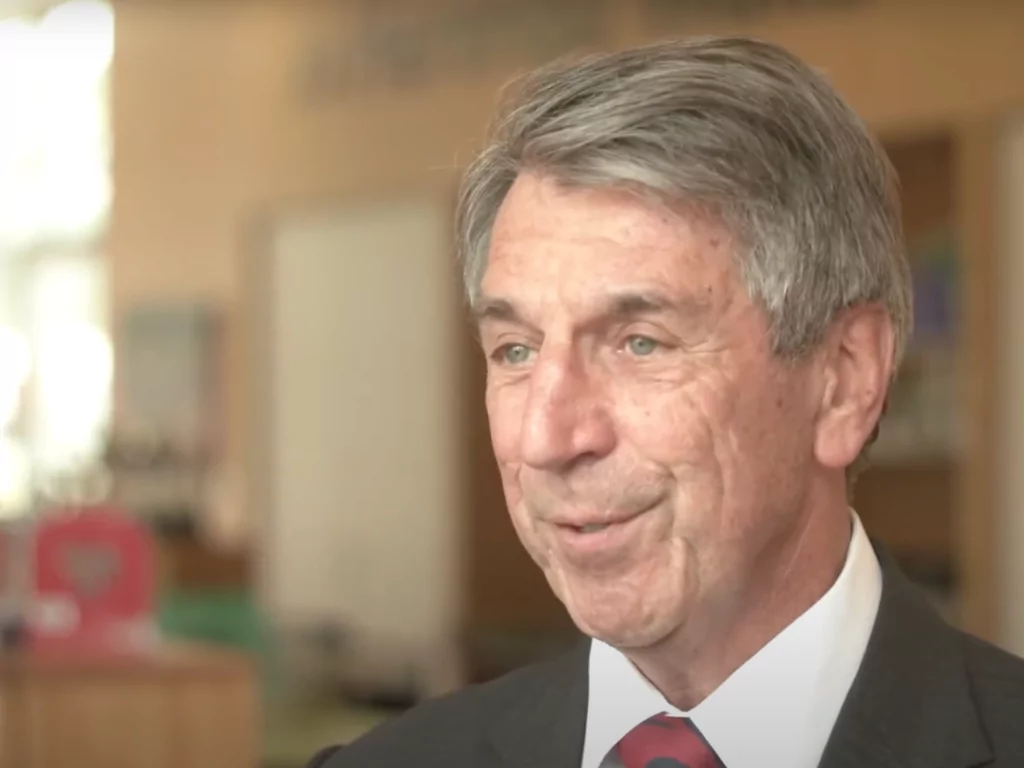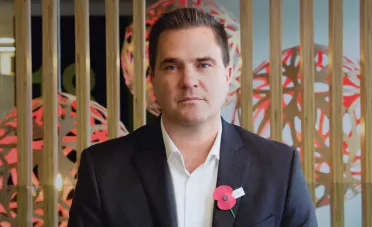Table of Contents
Chris Lynch
Chris Lynch is a journalist, videographer and content producer, broadcasting from his independent news and production company in Christchurch, New Zealand.
Oranga Tamariki has issued a formal apology to a teenager and his mother, acknowledging it failed in its duty of care before the young person was diagnosed with terminal cancer.
The apology, sent to the family last week, follows an investigation by the former Chief Ombudsman Peter Boshier, who found the agency acted unreasonably during the teenager’s stay at Te Maioha o Parekarangi Youth Justice Residence in Rotorua between December 2022 and February 2023. Chris Lynch Media has chosen not to name the family to protect their identity.
Despite repeatedly complaining of worsening pain, the teenager was often only given paracetamol. It wasn’t until a staff member noticed a lump on his back that an emergency referral was made to Rotorua Hospital on 16 February 2023.
He was transferred to Auckland’s Starship Hospital the next day, where he was diagnosed with Ewing Sarcoma – a rare and aggressive cancer.
In findings released in November, Boshier said Oranga Tamariki failed to act as a responsible guardian.

“Staff did not ‘join the dots’ and alert themselves to the fact that there was a need for further intervention,” he said.
“They were overly reliant on [the young person] self-identifying his concerns, and failed to effectively monitor his wellbeing.”
Boshier also criticised the facility’s record-keeping and the administration of medication, describing the system as “impracticable” and “unreasonable.” The repeated use of paracetamol – sometimes at unsafe levels – was a clear warning sign that staff failed to escalate.
In a formal letter dated 10 April 2025 sent to the boy and his mother, and seen by chrislynchmedia.com, Oranga Tamariki Deputy Chief Executive of Youth Justice Services and Residential Care, Iain Chapman, said, “There were failings in how we cared for you. We have accepted the Ombudsman’s findings, recommendations, and proposed remedies.”
He wrote:
You were in pain, and there were times when we didn’t keep records of your pain medication being administered. This was not good enough, and we apologise for this.

Chapman also acknowledged the agency’s failure to communicate with the teenager’s mother when he was urgently hospitalised.
“We specifically apologise to your mum, for not keeping her informed about your situation during such a worrying time,” he said. “We know that kaimahi providing care for you in a residence cannot substitute for the loving support of a parent or whānau.”
The letter also addressed the emotional toll the situation placed on the family.
I also realise how your illness and treatment has impacted your siblings and appreciate it is really difficult for them to adjust to the next stages of your illness.
“I want to assure you that we have listened to your experience and are committed to making things better,” Chapman wrote.
I would like to acknowledge your courage, in bringing this complaint forward … and your mum, for her resilience and determination.

In the letter, Chapman said the teenager’s complaint prompted reforms across all youth justice and care and protection residences.
These changes include the way we record and administer pain medication, and the way we work with Health New Zealand.
The agency had accepted all eight of the Chief Ombudsman’s recommendations and would continue reporting back on its progress.
Despite the apology, the teenager’s mother told chrislynchmedia.com it rang hollow.
“The apology means nothing without change and accountability – and when it’s being delivered by a person who was not responsible, it’s a big slap in the face really,” she said.
She accused the agency of failing to help cover increasing medical costs and criticised Oranga Tamariki for sharing personal medical information without her permission.
It was not OT who informed me but the doctor herself, when we met by chance. She was made to believe it was discussed with me prior, but I had stated in writing that no communication about my son with anyone was to be had without prior written approval – none of which were given.
She said her son is now in “his final months,” has lost mobility, and much of his independence.
Although he remains incredibly resilient, his quality of life still suffers due to lack of funding in the public health sector and with no help and support from Oranga Tamariki.
This article was originally published by Chris Lynch Media.









